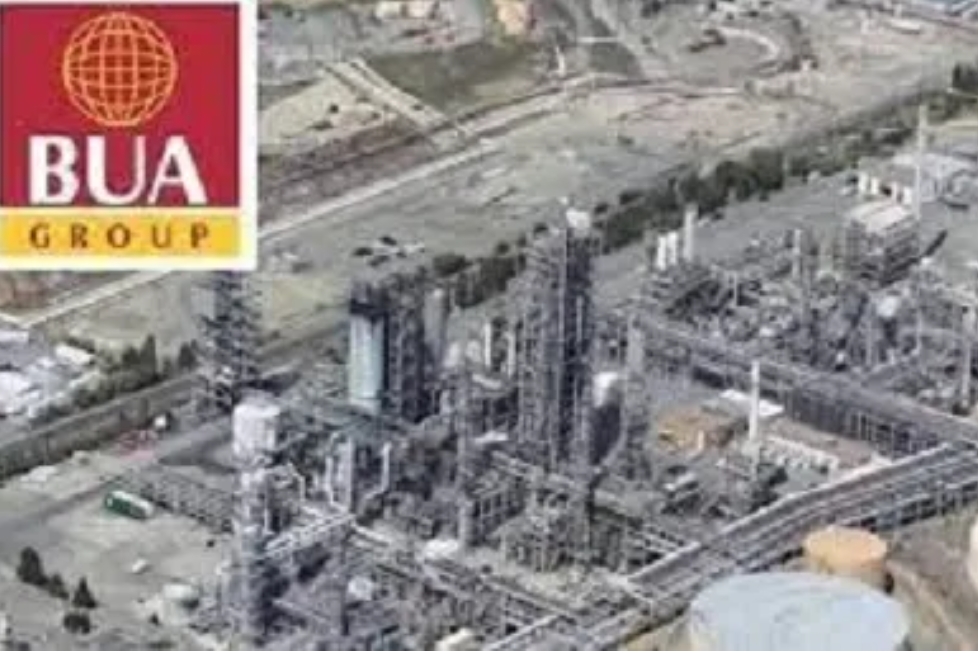
The Abdul Samad Rabiu-led business conglomerate, in a statement yesterday, also stated that in the last 10 years, it had spent about $3.5 billion on 12 mega projects nationwide.
The refinery is expected to produce Euro-V fuels, including diesel, petrol, and jet fuel, as well as polypropylene. It is also envisaged that it will use advanced technology to minimise environmental impact and ensure optimal production efficiency as well as reduce Nigeria’s reliance on imported fuels and petrochemicals.
“Contrary to a misleading report stating that our 200,000 barrels per day refinery is at 90 per cent completion, BUA wishes to advise the public to disregard such misleading reports that did not emanate from us.
“As we make remarkable strides on our Akwa Ibom refinery project, we are proud to share that construction is progressing steadily. Whilst the refinery is not at 90 per cent completion, we are however on track to meet our delivery timelines in collaboration with our partners.
“This BUA Refinery and Petrochemicals project represents a major milestone in strengthening Nigeria’s refining capacity and energy security,” it added in the statement.
According to BUA, the group’s other energy projects, including the construction of a mini-Liquefied Natural Gas (LNG) plant and several new hybrid power plants across the country to add additional capacity to its over 1,000mw installed captive power generation capacity, were also progressing rapidly.
The company advised the public to verify any news through its official channels and platforms so as not to be misled by those it described as mischievous persons.
“At BUA, we remain committed to transparency and excellence. As we have consistently done with over 12 of our completed mega industrial projects worth over $3.5 billion in the past 10 years, we will continue to keep you updated with verifiable and accurate information only where necessary, and as milestones are achieved.
“We appreciate the public’s interest and enthusiasm for this transformative project as we work together in building a stronger industrial and manufacturing base for a self-reliant Nigeria,” the company added.
With the refinery’s expected completion, Nigeria will undoubtedly become a net exporter of petroleum products in the coming years. This projection is based on current production by the Dangote refinery’s 650,000 bpd facility in Lagos as well as the coming on-stream of the Port Harcourt, Warri and upcoming Kaduna refineries.